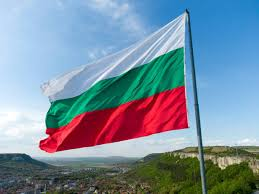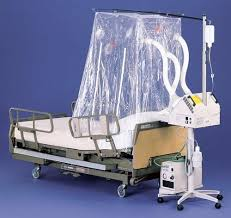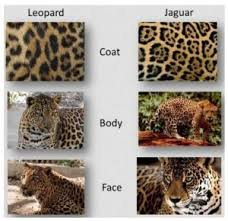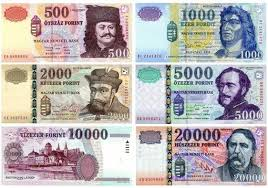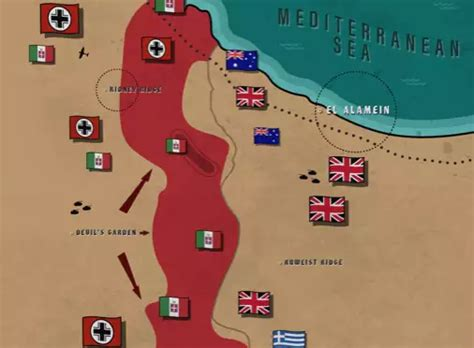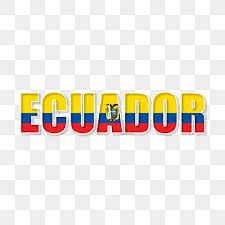Good morning, time to visit another country this week we are
visiting the Balkan region in Southeastern Europe which takes its name from the
Balkan Mountains which run from Bulgaria into eastern Serbia.
So, the country will be Bulgaria a country with diverse terrain
encompassing Black Sea coastline, a mountainous interior and rivers, including
the Danube. A cultural melting pot with Greek, Slavic, Ottoman, and Persian
influences, it has a rich heritage of traditional dance, music, costumes, and crafts.
At the foot of domed Vitosha mountain is its capital city,
Sofia, dating to the 5th century B.C
The population is around 6.5 million and the language spoken is
Bulgarian.
The lev is the currency of Bulgaria. Although Bulgaria is part of the EU, it is not part of the Eurozone. Eurozone is the group of counties that use the euro as their currency. Some prices are often published in euro, but this is simply to make things easier for visiting foreigners. Transactions are always done in Leva/BGN.
The national flag of Bulgaria is a tricolour consisting of three
equal-sized horizontal bands of white, green, and red. The flag was first adopted
after the 1877–1878 Russo-Turkish War, when Bulgaria gained de facto
independence. After the downfall of the
communist government, the old plain tricolour was reestablished on November 27,
1990. The white of the flag is said to stand for peace, love, and freedom,
while green emphasizes the agricultural wealth of Bulgaria. Red is for the
independence struggle and military courage.
Bulgaria is a parliamentary republic and conforms with the
Constitution of the Republic passed by the Grand National Assembly in July
1991. The Constitution of the Republic of Bulgaria is the supreme law of the
country and may not be contravened by any other law. All international
treaties, which are ratified pursuant to the constitutional procedure, are
considered part of domestic legislation.
The National Assembly is a unicameral parliament. It consists of 240 Members of Parliament, who are directly elected every four years. The National Assembly is a permanent acting body, directed by a board of Chairpersons, including the Speaker of the National Assembly. The Speaker of the National Assembly represents the National Assembly externally.
The head of the state is the President, who embodies the unity
of the nation and represents the Republic of Bulgaria in international
relations.
The Council of Ministers represents the executive branch and
decides on the domestic and foreign policy of the country. The government
manages the implementation of the state budget, governs state property and
approves or rescinds certain categories of international treaties as postulated
by the Constitution.
Some say Bulgaria is not dangerous for tourists if you stick to the rules and respect the culture. Crime is very low in Bulgaria; however, pickpocketing and petty theft have been recorded in the more touristy areas and main cities.
With the same colours as the flag, Shopska Salad is often
proclaimed as Bulgaria's national dish. It is often said to have been invented
in the 1960s by the socialist party to showcase local ingredients to tourists
and promote the theory that Bulgarian vegetables were among the tastiest in
Europe.





